The Talent Management and Talent Mobility is what I see as number one in 2015 global human resources agendum. There is a proven relationship between the success and growth of a firm, and top performer talents. This correlation is the starting point of the talent war, and for this reason, it is the top priority not only in Human Resources Business Partners’ agendas, but also in a CEO’S agenda.
Talent wars have become tougher as talent mobility increases. HR business partners should now compete with companies that are located not only within their region but also the ones all around the world. For an effective talent management, organizations should plan some customized strategies that will create the connections between the employees, company strategies and scope of work. These strategies should also be compatible with the environment of the workplace and new roles. Companies will lean towards more rotation, coaching and training in order to strengthen their talent pool.

Investment in training keep increasing especially in corporate firms. Training and development opportunities is a tool that increases employee engagement and it is also an investment in their future. In todays World, development and training opportunities is one of the most important reason that employees search for in a workplace. On the other hand one of the core facets which makes talent a talent is their curiosity and their learning motivation. Companies who will be able to satisfy these needs will be one step ahead in talent attraction.
We see that what corporations need the most for improvising is human management. Because during the first years of managing, people don’t know themselves well. To manage and direct a team one must know himself/herself and the “human”. We observe that leaders who inspire their team, support the improvement and efficiency, construct a creative and innovative work environment are more successful.
Another element of human management is communication. Managers have a hard time mostly in open communication, empowerment, giving feedback, creating a common vision and recognition. The result of a survey about “Who is your ideal manager” that we conducted in July-August on social media, showed that what employees want the most is: recognition, being understood and listened to. Thus managers giving importance on communication, bonding and building trust is crucial for a healthy work environment.

All these progressions necessitate human resources professionals to be more equipped, following the new trends and investing in their own development. Moreover they require them to put some practices into operation which can respond to these trends. Human Resources professionals are aware of this situation and they are questioning their role. For this reason there is more emphasis on models like business partnerships, learning the business and contributing in business results.
As talent wars merged with social media, one of the new responsibilities is the “employer brand”. Corporate Relations department does more communication on corporate products and services, not having much time left for employer brand. Thus I belive that HR units will take more responsibility.


